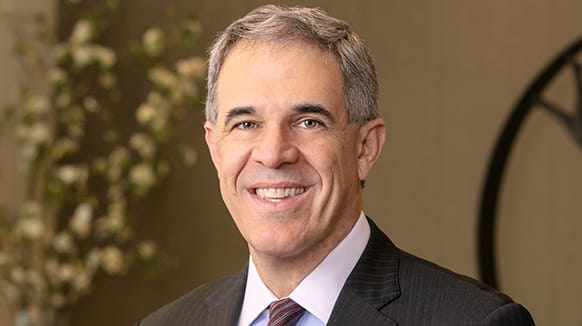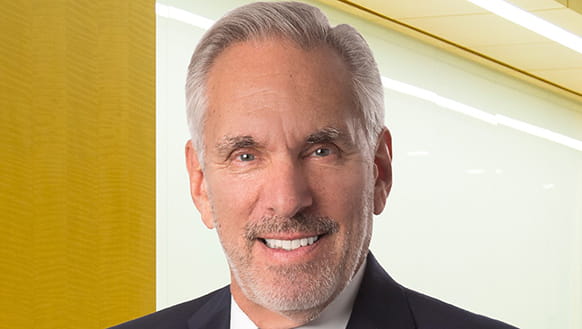The Biden Administration has recently taken steps to soften the U.S. sanctions on Cuba. This liberalization does not return the United States to the level of engagement that existed during the latter stages of the Obama Administration, before the tightening imposed by President Trump. It does, however, indicate a desire by President Biden to ease travel by Americans to Cuba, aid the Cuban people financially, and put the two countries back on the path towards some form of reconciliation.
The most significant changes, which were announced by the State Department on May 16, are as of June 8 reflected in the Cuban Assets Control Regulations, 31 CFR Part 515, administered by the Treasury Department’s Office of Foreign Assets Control (“OFAC”).
The amended regulations remove the current limit on family remittances of $1,000 per quarter per sender-receiver pair and also authorize certain non-family remittances. Besides helping families, these changes are intended to support independent Cuban entrepreneurs. The State Department noted that it will engage with electronic payment processors “to encourage increased Cuban market accessibility” while being careful not to remove entities from the Cuba Restricted List. Other permitted payments include remittances to certain NGOs in Cuba, to religious organizations in Cuba, and to certain students in Cuba.
As additional assistance to the Cuban people, the U.S. embargo is relaxed to allow the importation into the United States of certain specified goods and services produced by independent Cuban entrepreneurs.
Authorized travel to Cuba, although still falling into 12 specific categories, has been somewhat expanded as well by the addition of a general license that authorizes, subject to conditions, travel-related transactions and other transactions that are directly incident to professional research in Cuba. According to OFAC, “Among other things, this general license authorizes, subject to conditions, professional research in Cuba relating to a traveler’s profession, professional background, or area of expertise.” Included also are travel-related and other transactions incident to attendance at or organization of professional meetings or conferences in Cuba. Again, according to OFAC, “This general license authorizes persons subject to U.S. jurisdiction to travel to Cuba for purposes of attending or organizing professional meetings or conferences, such as meetings or conferences to support expanded internet access and remittance processing companies and to provide additional support and training to independent Cuban entrepreneurs.” Group people-to-people travel is also once again permitted. As in the past, however, no lodging is permitted at a property in Cuba on the Cuba Prohibited Accommodations List and the traveler’s schedule of activities must not include free time or recreation in excess of that consistent with a full-time schedule of professional research or a full-time schedule of attendance at, or organization of, professional meetings or conferences.
In another move back from Trump Administration era restrictions, charter and commercial flights are once again allowed to Cuban airports outside of Havana, although it is unclear how much demand will exist for such flights.
Overall, in light of U.S. political realities, the willingness of the Biden Administration to take additional steps in this area and move further towards the position taken by the Obama Administration at the end of its second term remains to be seen.

